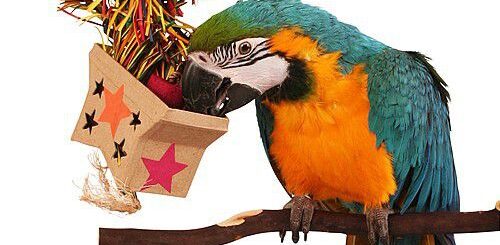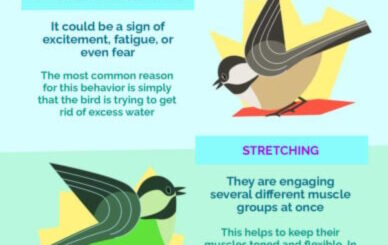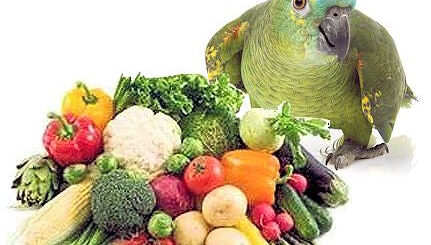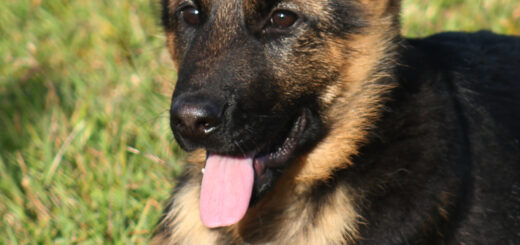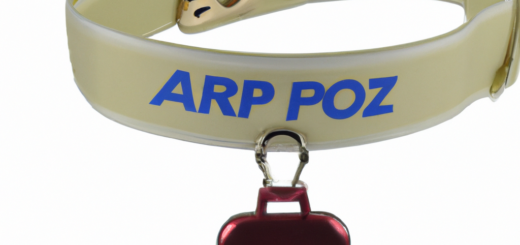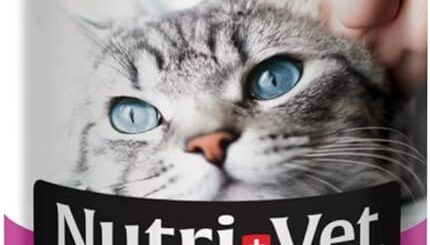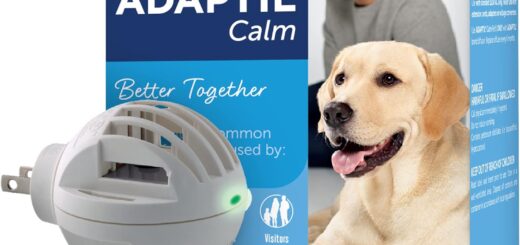Avian Hygiene: Bathing, Feather Care, And Keeping Your Bird Clean
Avian Hygiene: Bathing, Feather Care, and Keeping Your Bird Clean is a comprehensive guide that highlights the importance of maintaining proper hygiene for your feathered friends. From providing regular baths to conducting regular feather inspections, this article serves as a valuable resource for bird owners looking to keep their avian companions happy, healthy, and pristine. Discover expert tips and techniques to ensure optimal feather health, prevent feather plucking, and create a clean and stimulating environment for your bird.
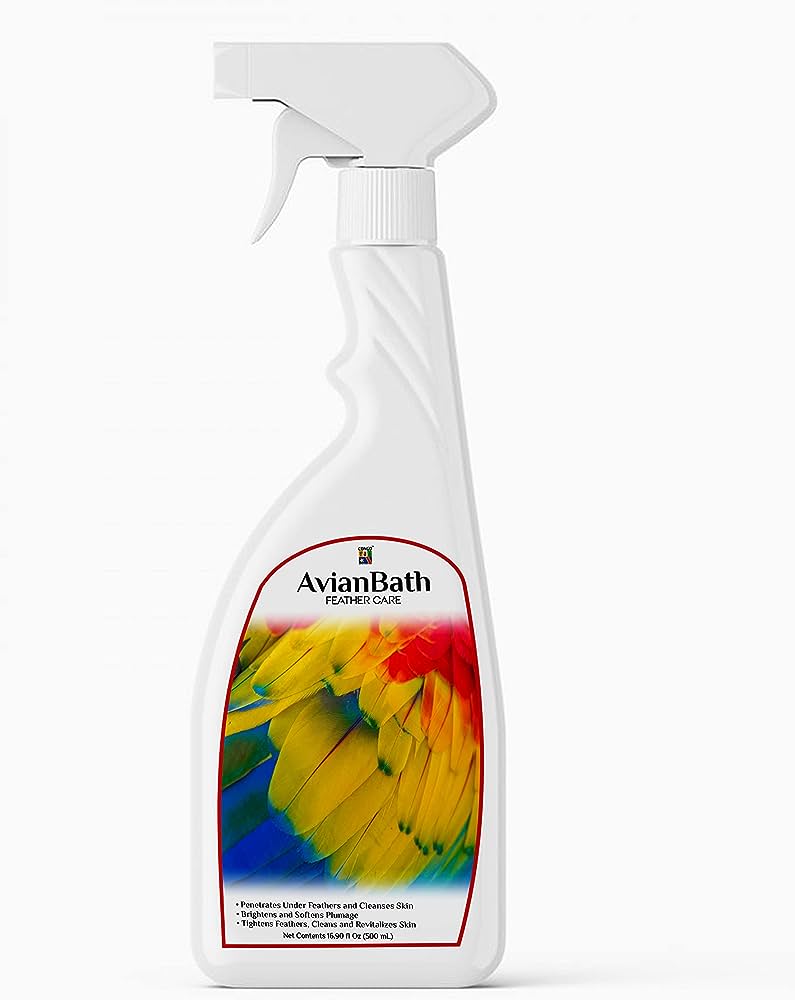
This image is property of Amazon.com.
Click here to check out How To Build An Aviary!
Importance of Avian Hygiene
Avian hygiene is essential for the overall health and well-being of your feathered friend. Just like humans, birds need proper hygiene practices to maintain a clean and comfortable living environment. By prioritizing avian hygiene, you can help prevent various health issues and ensure that your bird enjoys a happy and healthy life.
Why is avian hygiene important?
Proper avian hygiene is crucial for several reasons. First and foremost, it helps prevent the build-up of dirt, dust, and bacteria, which can lead to respiratory problems and skin irritations in birds. Keeping your bird’s feathers and skin clean also promotes healthy feather growth and reduces the risk of feather plucking and other related issues. Additionally, maintaining a clean living environment for your bird helps prevent the spread of disease and parasites, ensuring the overall well-being of your feathered companion.
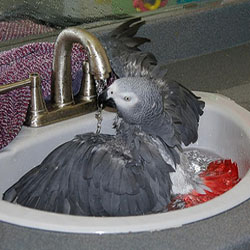
This image is property of avianenrichment.com.
Click here to check out How To Build An Aviary!
Benefits of keeping your bird clean
There are numerous benefits to keeping your bird clean. One of the most significant advantages is the promotion of good overall health. By maintaining proper hygiene practices, you can minimize the risk of respiratory infections, skin irritations, and feather-related problems in your bird. Clean feathers and skin also contribute to optimal feather growth, ensuring that your bird’s plumage remains vibrant and attractive. Additionally, a clean living environment helps create a safe and comfortable space for your bird, reducing stress and promoting a happy and contented pet.
Bathing
Bathing is an essential part of avian hygiene as it helps to remove dirt, dust, and excess oil from your bird’s feathers and skin. Birds naturally engage in bathing behavior, and providing them with appropriate opportunities to do so is crucial for their well-being.
Natural bathing behavior in birds
Birds exhibit various bathing behaviors in the wild, including splashing in puddles, bathing in rain showers, or even taking shallow dips in water bodies. These behaviors serve to clean their feathers, remove any dirt or parasites, and also cool their bodies.
Providing a birdbath
You can mimic natural bathing behavior by providing a birdbath for your feathered companion. A birdbath can be as simple as a shallow dish or basin filled with clean water. Ensure that the water is changed regularly to prevent the growth of bacteria or algae.
How often should you bathe your bird?
The frequency of bathing depends on the bird species and personal preference. Some birds enjoy bathing daily, while others may prefer every other day. Observe your bird’s behavior and temperament to determine the ideal bathing frequency. If your bird seems reluctant to bathe, try different methods or adjust the water temperature to make the experience more enjoyable for them.
Different bathing methods for different bird species
Different bird species have different bathing preferences, and it’s essential to understand what method works best for your feathered friend. Some birds prefer mist baths, where they are gently sprayed with water, while others may enjoy a shallow basin of water to splash around in. You can also offer your bird the option of bathing in a water dish attached to its cage, allowing them to determine their preferred method.
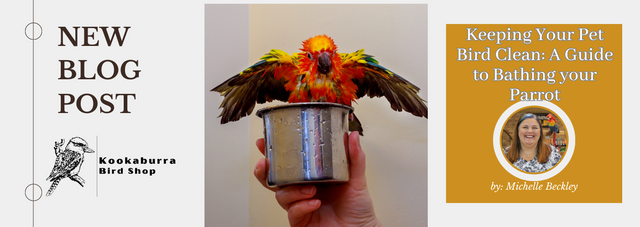
This image is property of lirp.cdn-website.com.
Feather Care
Maintaining healthy feathers is vital for your bird’s overall health and well-being. Feathers play a crucial role in regulating body temperature, enabling flight, and providing protection. It’s essential to provide your feathered friend with the proper care to keep their feathers in optimal condition.
Importance of healthy feathers
Healthy feathers are essential for a bird’s ability to fly, insulation, and protection from the environment. Feathers that are in poor condition due to neglect, poor diet, or other factors can lead to various issues such as feather plucking, feather loss, and even infections.
Preventing feather plucking
Feather plucking is a common problem among birds, and it can have several causes, including stress, boredom, improper diet, or parasites. By providing your bird with a clean and stimulating environment, a balanced diet, and regular vet check-ups, you can help prevent feather plucking.
Feather conditioning and preening
Birds have a natural behavior called preening, where they use their beaks to clean and condition their feathers. Preening helps distribute natural oils, remove dirt and debris, and maintain feather health. You can support this behavior by offering your bird a variety of perches of different diameters and textures, as well as toys or objects they can use to groom themselves.
Trimming and grooming feathers
In some cases, feather grooming and trimming may be necessary to maintain your bird’s feathers at an appropriate length. Trimming can be done by a professional avian veterinarian, and it can help prevent injury or discomfort for your bird. Consult with your vet to determine if and when trimming is needed for your specific bird species.
Preventing Dust Accumulation
Feather dust is a natural occurrence in birds and plays a role in maintaining healthy feathers. However, excessive dust accumulation can lead to respiratory issues and create a messy living environment. It’s important to understand and control feather dust to ensure the well-being of both you and your bird.
Understanding feather dust
Feather dust consists of microscopic particles shed from a bird’s feathers, including dander, pollen, and other environmental allergens. Birds release this dust during preening, and it can accumulate on surfaces within their living area.
Tips for controlling feather dust
To control feather dust, it’s essential to create a regular cleaning routine. Use soft, damp cloths or specialized bird-safe cleaning tools to wipe down surfaces, cages, and perches on a regular basis. Consider investing in air purifiers with HEPA filters to help minimize airborne dust particles.
Creating a dust-free environment
Creating a dust-free environment is key to preventing excessive dust accumulation. Regular dusting and vacuuming of the surrounding area can help minimize feather dust in your bird’s living space. Additionally, be mindful of potential sources of dust or pollutants in the environment, such as smoking or the use of strong cleaning chemicals.

This image is property of www.wikihow.com.
Beak and Nail Care
Proper beak and nail care are essential aspects of avian hygiene. Regular maintenance of these body parts ensures your bird’s comfort and overall well-being.
Regular beak maintenance
Birds use their beaks for various purposes, including eating, climbing, and playing. Regular beak maintenance helps prevent overgrowth, which can lead to discomfort or difficulty eating. Providing your bird with appropriate toys and items to chew on can aid in natural beak maintenance.
Trimming your bird’s nails
Nail trimming is necessary to prevent overgrown and sharp nails, which can cause injury to your bird or yourself. It’s important to have proper tools and techniques for nail trimming, or seek assistance from an avian veterinarian or a professional groomer if you’re unsure.
What to do if nails become overgrown
If your bird’s nails become overgrown, it’s crucial to address the issue promptly. Overgrown nails can cause discomfort, difficulty perching, and even poor balance for your bird. Consult with a professional to safely trim the nails and provide guidance on preventing overgrowth in the future.
Potential issues with beaks and nails
Beak and nail problems can occur in birds due to a variety of factors, including injury, malnutrition, or disease. Regular veterinary check-ups can help identify and address potential issues before they escalate. Be vigilant in observing any changes in your bird’s beak or nail appearance, such as cracks, discoloration, or abnormal growth.
Maintaining Clean Cages and Perches
A clean living environment is crucial for your bird’s health and well-being. Regular cleaning of cages and perches helps prevent the build-up of bacteria, fungi, and other harmful substances that can compromise your bird’s health.
Importance of clean living environment
Birds spend a significant amount of time in their cages and on perches, making it essential to keep these areas clean. Regular cage and perch cleaning helps prevent the accumulation of droppings, food debris, and bacteria, reducing the risk of respiratory infections or parasitic infestations.
Cleaning schedule for cages and perches
Establishing a regular cleaning schedule is important for maintaining a clean living environment for your bird. Daily spot cleaning of cage floors and perches should be done, while a thorough cleaning, including cage disinfection, should be performed at least once a week.
Choosing safe cleaning products
When cleaning your bird’s cage and perches, always use bird-safe cleaning products. Avoid using harsh chemicals, such as bleach or ammonia, as they can be toxic to your feathered friend. There are specific bird-safe cleaners available that are effective in removing dirt and bacteria without posing any health risks.
Preventing bacterial and fungal growth
Proper cleaning and disinfection practices help prevent the growth of harmful bacteria and fungi in your bird’s living environment. Regularly check for signs of mold, mildew, or other potential sources of contamination. Ensure that the cage and perches are thoroughly dry after cleaning to discourage the growth of bacteria or fungi.
This image is property of cdn.shopify.com.
Avoiding Harmful Substances
As conscientious bird owners, it’s important to be aware of potential substances that can be toxic to your feathered friend. By avoiding exposure to harmful foods, plants, and household products, you can help protect your bird from unnecessary health risks.
Toxic foods and plants
Certain foods and plants that are safe for humans can be toxic or harmful to birds. Some common examples include avocado, chocolate, onions, caffeine, and lilies. Familiarize yourself with a comprehensive list of foods and plants that are safe for birds to ensure your feathered friend’s well-being.
Avoiding exposure to chemicals
Birds have a highly sensitive respiratory system, making them more vulnerable to the adverse effects of chemicals and fumes. Avoid exposing your bird to strong cleaning agents, pesticides, aerosol sprays, or other household chemicals that may release harmful gases or particles.
Hazardous household products
Many common household products, such as non-stick cookware, air fresheners, and certain types of candles, can release toxins that are harmful to birds. Opt for bird-safe alternatives or choose products that are labeled as environmentally friendly and free from harmful chemicals.
Safe alternatives for bird care
Fortunately, there are plenty of safe alternatives available for bird care. For example, vinegar can be used as a natural cleaning agent, and essential oils can be diffused safely in a well-ventilated area. Utilize resources and consult with avian veterinarians to identify bird-safe alternatives for your cleaning, grooming, and medical needs.
Managing Mites and Parasites
Mites and parasites can pose significant health risks to your bird if left untreated. It’s important to understand the signs of infestation and take proactive measures to prevent and manage these pesky creatures.
Signs of mites and parasites
Common signs of mite or parasite infestation in birds include excessive scratching, feather loss, skin irritation, changes in behavior, or the presence of visible parasites. Consult with an avian veterinarian if you suspect your bird may be infested with mites or parasites.
Common types of avian mites
There are several types of mites that can affect birds, such as red mites, feather mites, and scaly leg mites. Each type requires specific treatment methods, so it’s essential to correctly identify the type of mite infestation before starting any treatments.
Treatment and prevention methods
Treating mite and parasite infestations may involve topical treatments, such as sprays or powders, or systemic medications prescribed by a veterinarian. Regular cleaning of cages, perches, and bedding can help prevent future infestations. Additionally, ensuring a well-balanced diet and a stress-free environment can strengthen your bird’s immune system, making them less susceptible to mites and parasites.
Importance of a Balanced Diet
Providing your bird with a balanced and nutritious diet is crucial for their overall health and well-being. A well-rounded diet ensures that your bird receives essential nutrients and vitamins necessary for optimal feather health.
Nutritional requirements for birds
Different bird species have varying nutritional requirements, so it’s important to research and understand the specific dietary needs of your bird. A balanced diet for most birds includes high-quality pellets, fresh fruits and vegetables, and a moderate amount of seeds or nuts.
Feeding fresh fruits and vegetables
Incorporating a variety of fresh fruits and vegetables into your bird’s diet is essential for their overall health. These foods provide important nutrients, vitamins, and antioxidants that contribute to healthy feathers, strong immune systems, and proper digestion. Ensure that the fruits and vegetables offered are bird-safe, as some human foods can be toxic to birds.
Supplements for optimized feather health
In certain cases, dietary supplements may be recommended by an avian veterinarian to address specific nutritional needs, especially if your bird has specific health concerns or is on a seed-based diet. However, it’s always best to consult with a professional to determine if supplements are necessary for your bird.
Avoiding excessive fat and sugar
While a balanced diet is important, it’s crucial to avoid excessive fat and sugar intake. Birds have unique dietary needs, and consuming high amounts of fat and sugar can lead to weight gain, obesity, and various health issues. Limit the intake of sugary or fatty treats, and prioritize nutritious food choices for your feathered friend.
The Role of Regular Vet Check-ups
Regular check-ups with an avian veterinarian play a vital role in maintaining your bird’s health. Routine examinations, vaccinations, and preventive care can help identify potential health concerns early on and address them promptly.
Importance of avian veterinarians
Avian veterinarians are specialized in caring for birds and have in-depth knowledge of their unique health needs. Regular visits to an avian veterinarian provide an opportunity for comprehensive examinations, preventative care, and expert advice specific to your bird species.
Scheduling regular check-ups
Establishing a regular check-up schedule for your bird is crucial for their overall well-being. Frequency may vary depending on your bird’s age, species, and existing health conditions. A general guideline is to schedule annual check-ups with the avian veterinarian, but consult with your vet to determine the most appropriate schedule for your feathered friend.
Vaccinations and preventive care
Avian veterinarians may recommend specific vaccinations for your bird based on their species and potential exposure to certain diseases. Preventive care, such as regular parasite control and blood tests, can also help detect any underlying health issues and ensure your bird remains in optimal health.
Addressing health concerns timely
Regular vet check-ups provide an opportunity to address any health concerns promptly. Birds are experts at hiding symptoms of illness, so routine examinations by a professional can help detect any potential health problems before they become severe. If you notice any changes in your bird’s behavior, appetite, or appearance, consult with an avian veterinarian immediately.
In conclusion, avian hygiene plays a crucial role in maintaining the health and well-being of your bird. By prioritizing regular bathing, feather care, and cleanliness in their living environment, you can prevent respiratory issues, skin irritations, and the spread of diseases. Proper beak and nail care, along with a balanced diet and regular vet check-ups, are essential for your bird’s overall health. By understanding the importance of avian hygiene and implementing comprehensive care practices, you can ensure that your feathered companion leads a happy and healthy life.
